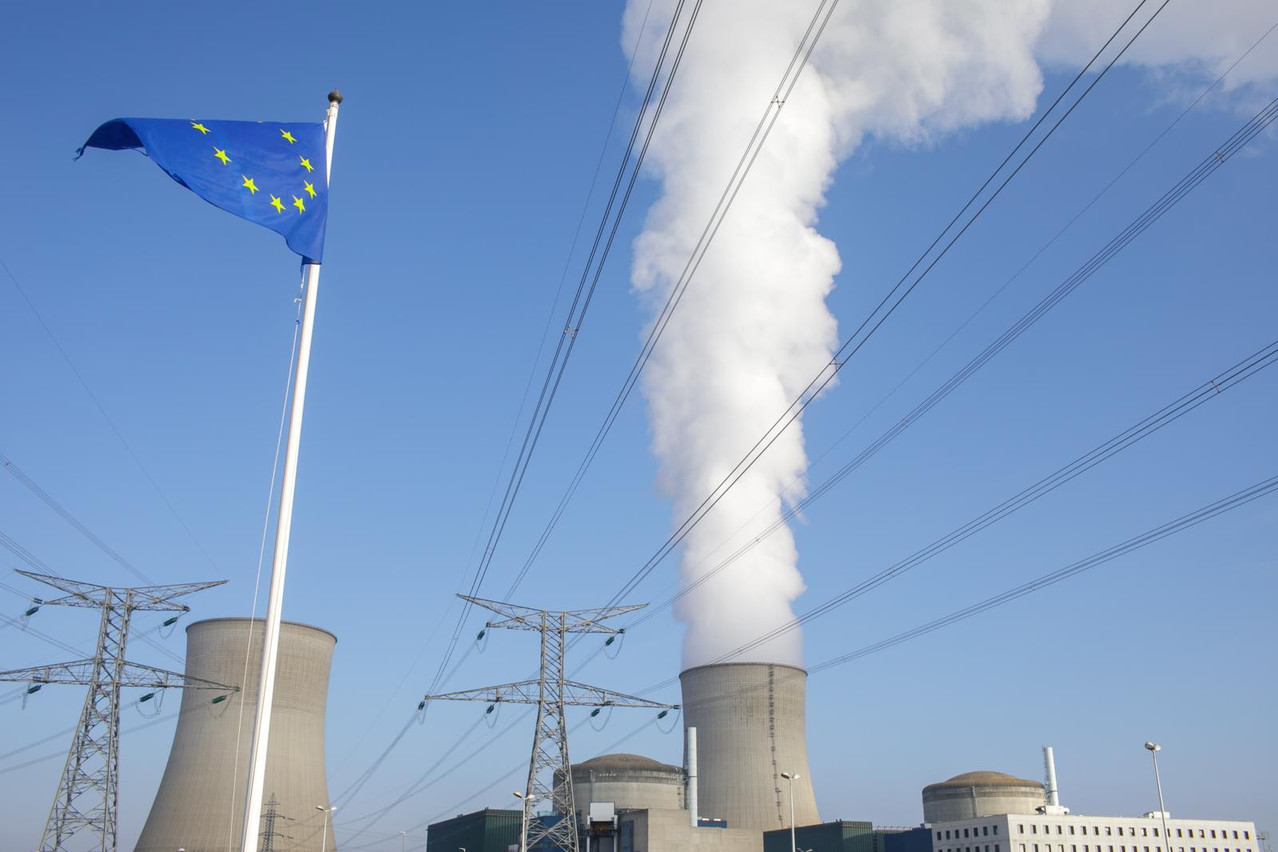As well as Luxembourg, Greenpeace Germany, France, Spain, Italy, Belgium, Central and Eastern Europe and the Greenpeace European Unit on 8 September sent a formal request for internal review of its taxonomy decision to the European Commission.
Greenpeace argues that the decision in January this year to include gas and nuclear in the taxonomy--the EU’s list of permitted sustainable investments--violates the taxonomy regulation, European climate law, and the EU’s obligations under the 2015 Paris Agreement.
The European Commission got its hands dirty with labelling gas and nuclear green.
“This fake green label is incompatible with EU environment and climate law,” said Greenpeace Luxembourg nuclear campaign veteran Roger Spautz in a statement on 19 September. “Gas is a leading cause of climate and economic chaos, while there is still no solution to the problem of radioactive waste and the risk of nuclear accidents is far too significant to ignore. The European Commission got its hands dirty with labelling gas and nuclear green.”
Read also
Luxembourg MEPs were amongst those that voted against the Commission’s decision in the European Parliament in July. The Luxembourg government, along with Austria, has also said it is considering taking legal action over the inclusion of nuclear and gas in the taxonomy. “Since EU governments do not have to do a Request for Internal Review, both governments can go directly to the European Court of Justice before the end of October 2022,” Greenpeace said in a statement.
But the current energy crisis has made many countries and institutions rethink the speed at which gas and nuclear should be phased out. Opposition parties in Luxembourg, notably the CSV, have said that despite recognising the need to move to alternative sources of energy, there is a need for a transition period.
The European Investment Bank’s Werner Hoyer also acknowledged the challenge of the war in Ukraine in . “We have to see that [this is] the biggest challenge which we have in front of us right now,” said Hoyer. “So, when I hear transition, then I look very precisely: are we really talking about transition, or are we talking about the perpetuation of old technologies, old energy sources? We will need gas for a transition which will be not short.”

